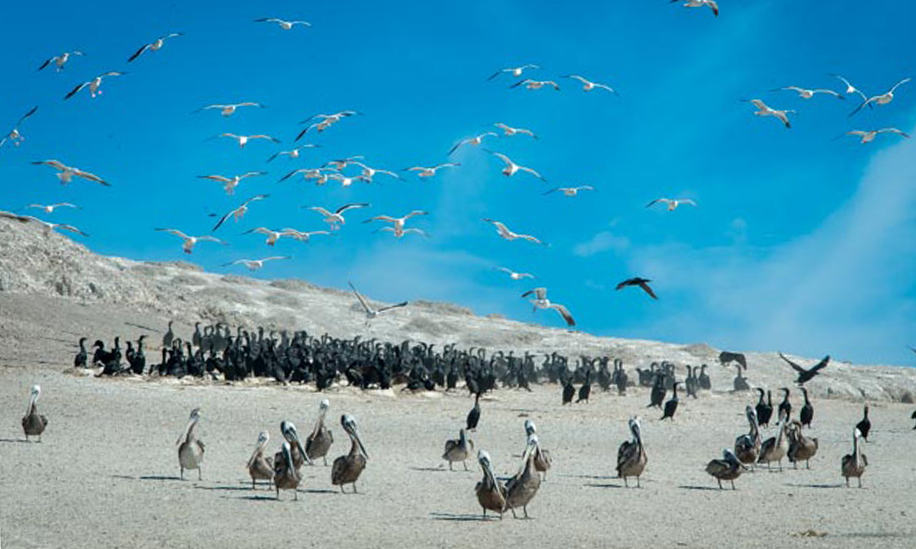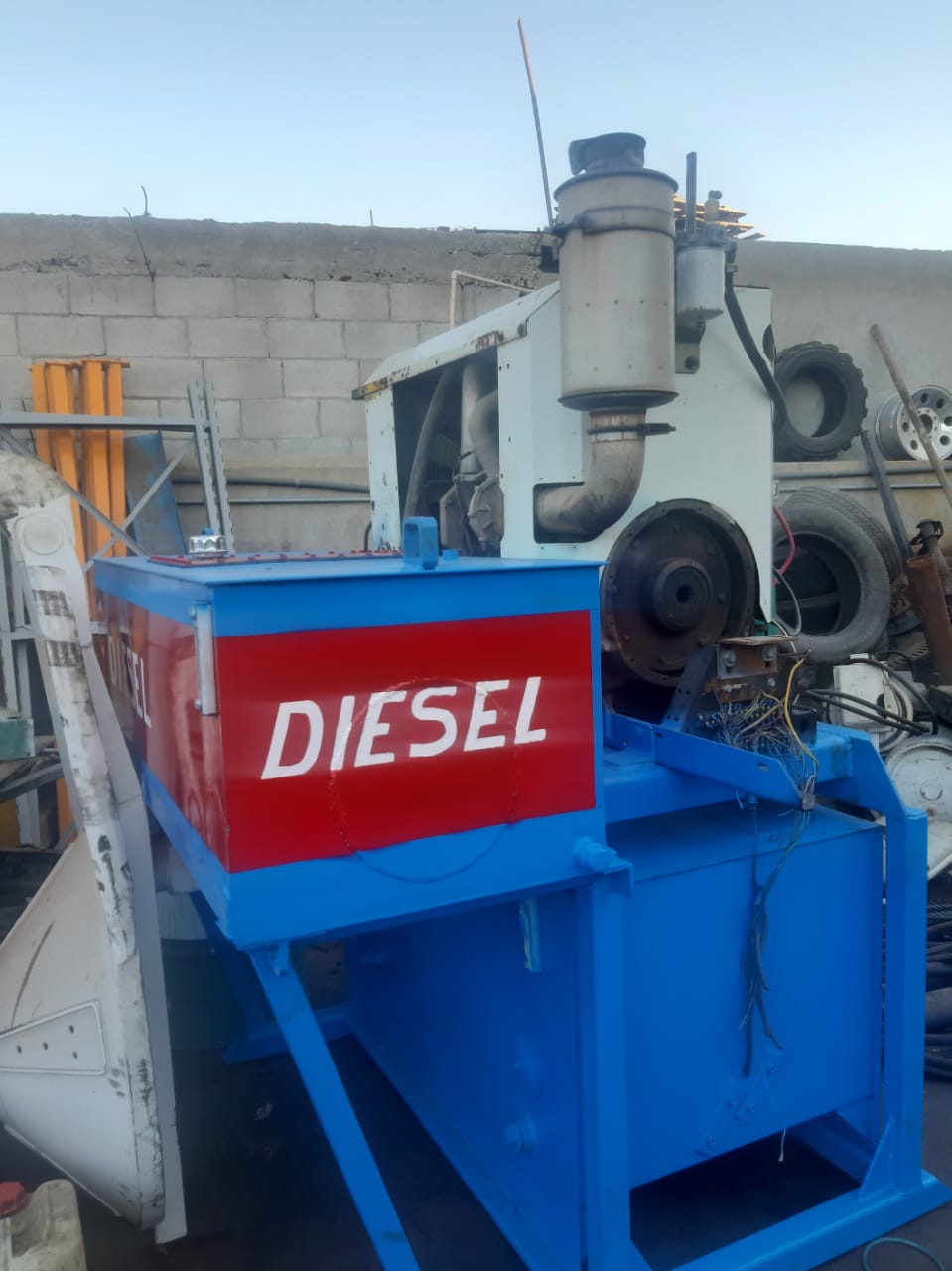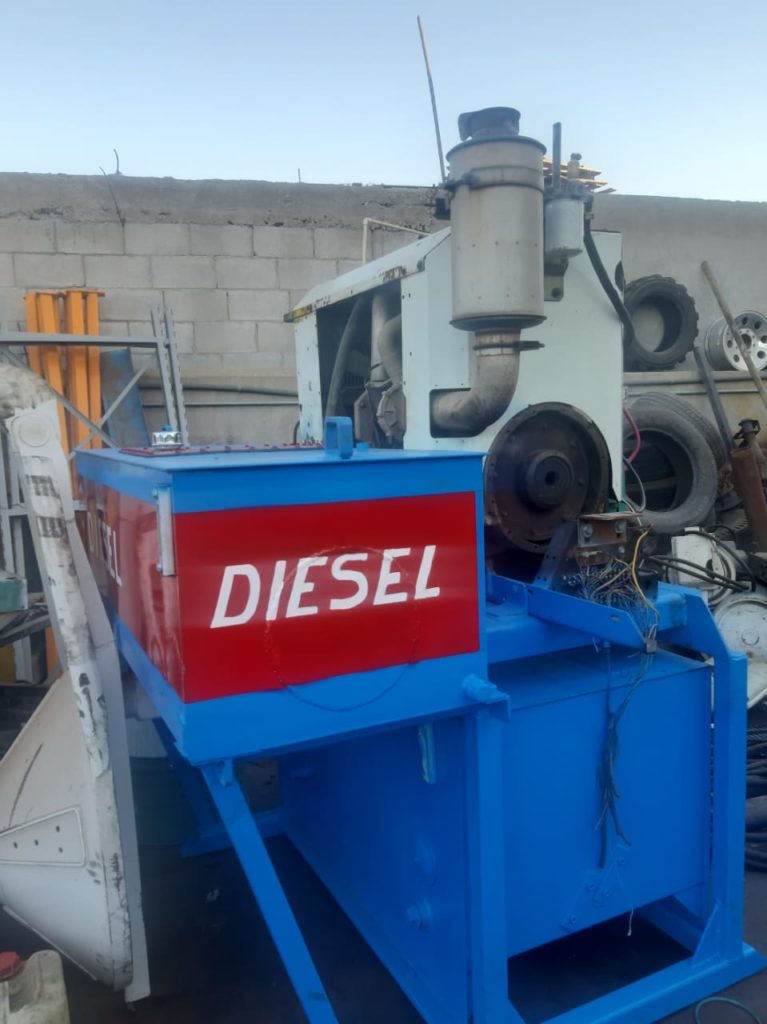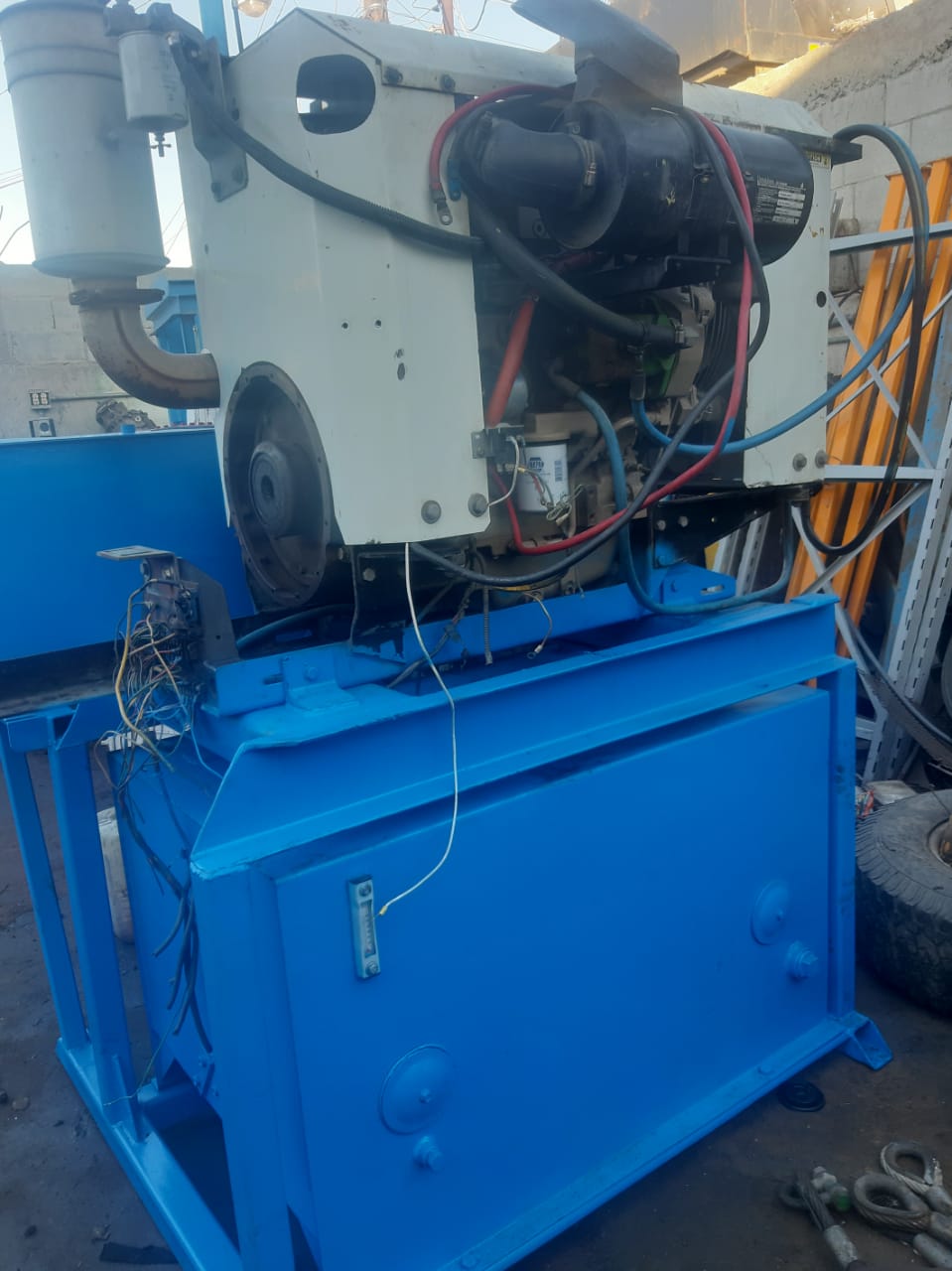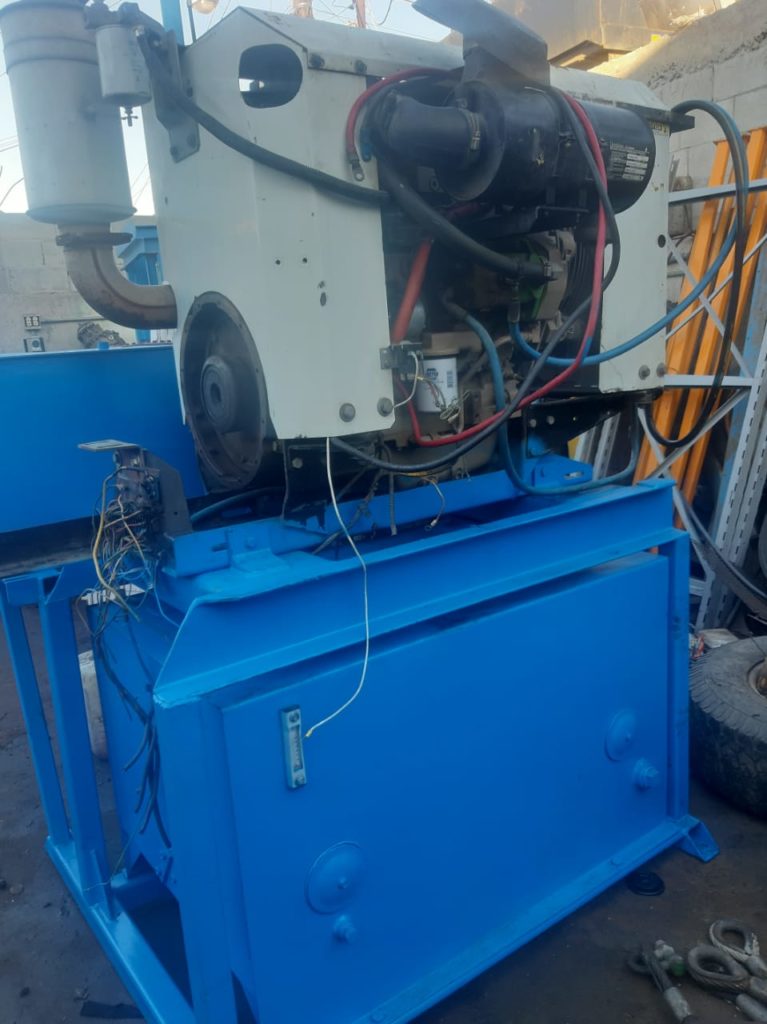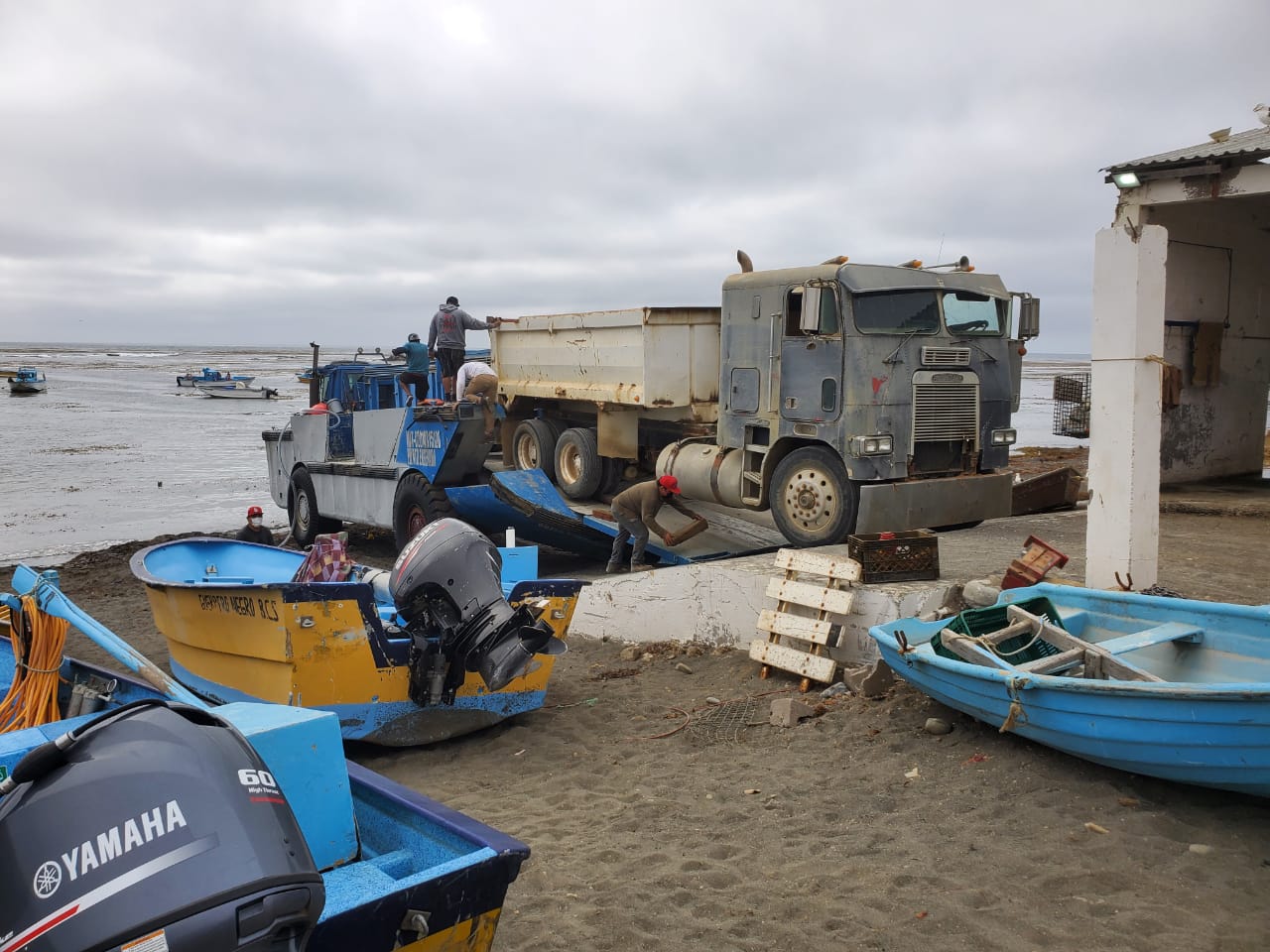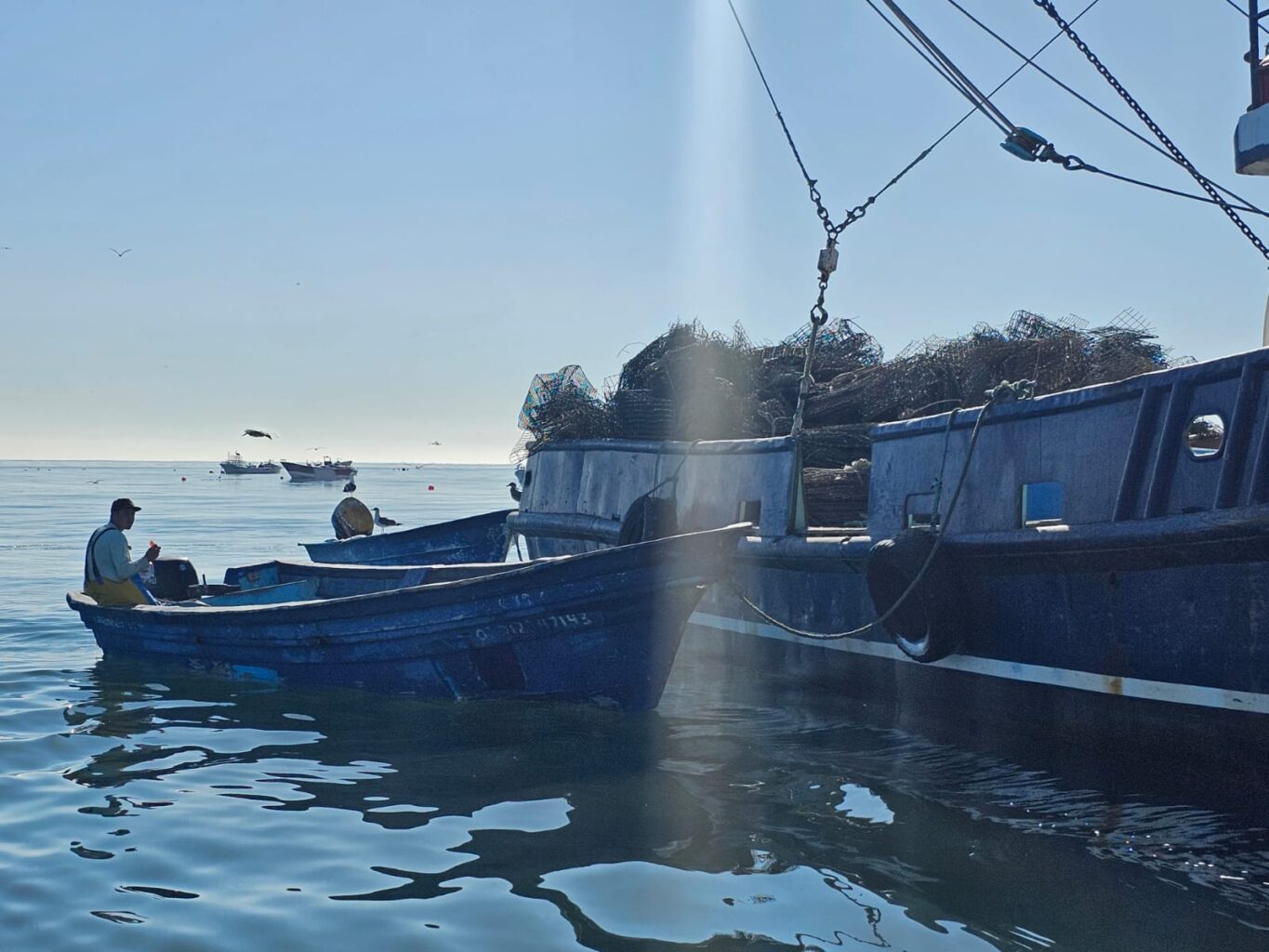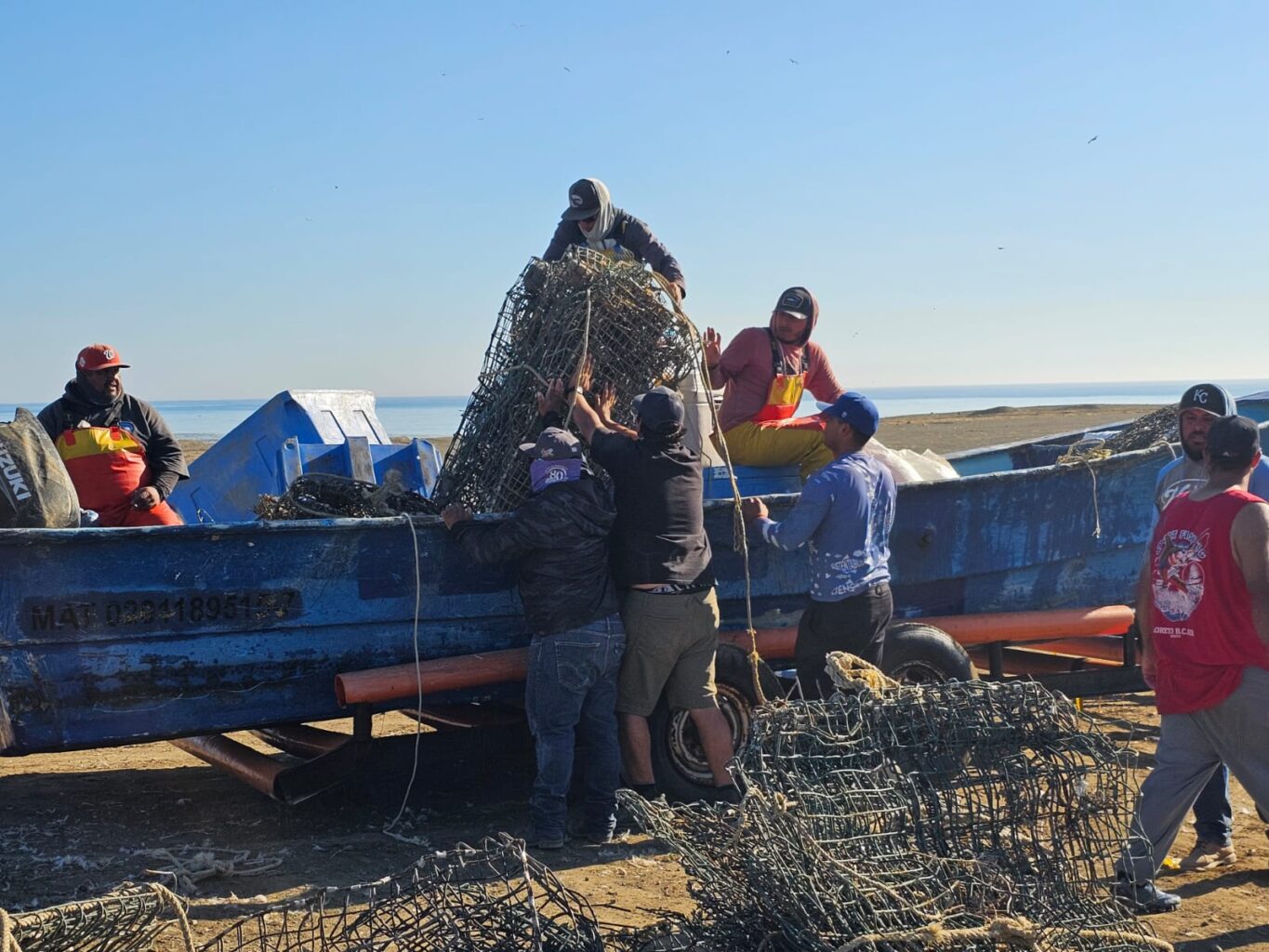Natividad Island is part of the El Vizcaíno Biosphere Reserve in Baja California, the largest wildlife refuge in Mexico. This hilly island provides critical habitat for marine mammals (elephant seals, sea lions, and others) and birds. It supports 90% of the world’s population of black-vented shearwaters, a near-threatened endemic Mexican bird.
This fishermen’s cooperative in the small community (population 380) of Natividad has long been committed to conserving local fisheries. In 2011, Seacology worked with the coöp to protect 1,120 acres of ocean. As a result, populations of abalone and lobster have increased outside the no-take area. In return, Seacology made a grant for construction of two tourist cabins, which bring hundreds of visitors every year.
The coop and community now seek to clean up tons of unsightly scrap metal that has been accumulating for more than 50 years. The piles leach heavy metals and hinder efforts to develop ecotourism. They also reduce shearwater nesting habitat and trap birds in debris.
The community will use a Seacology grant (and funds contributed by the coöp) to acquire a waste compactor so they can properly dispose of the metal. The community will work with the Grupo de Ecología y Conservación de Islas, which works to restore seabird populations and offers environmental education. The fishers will help transport, operate, and maintain the compactor. They will also use their own vessels and trucks to properly dispose of the waste.


